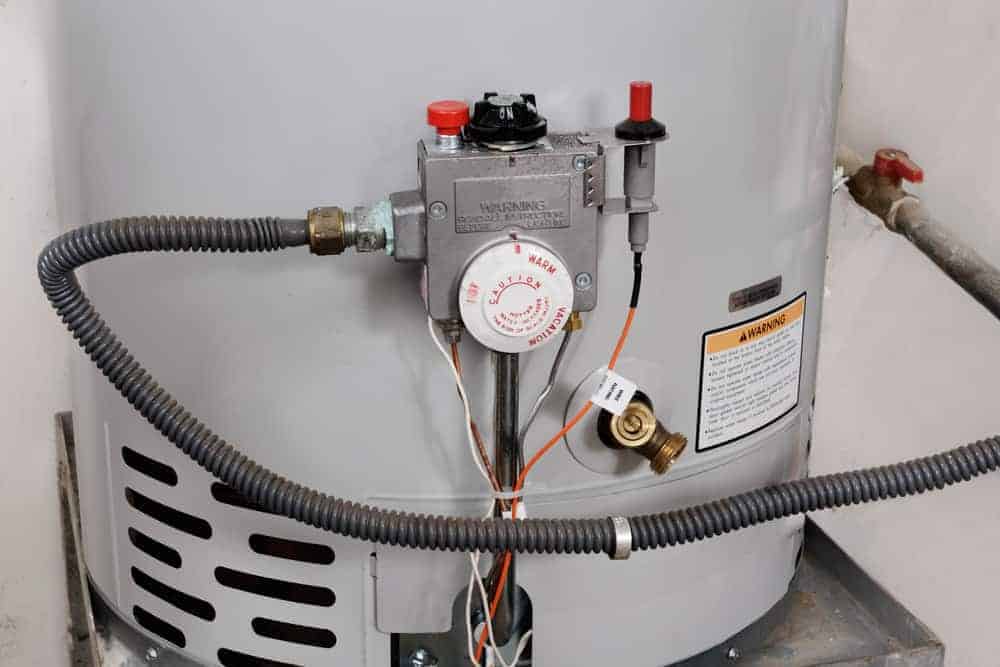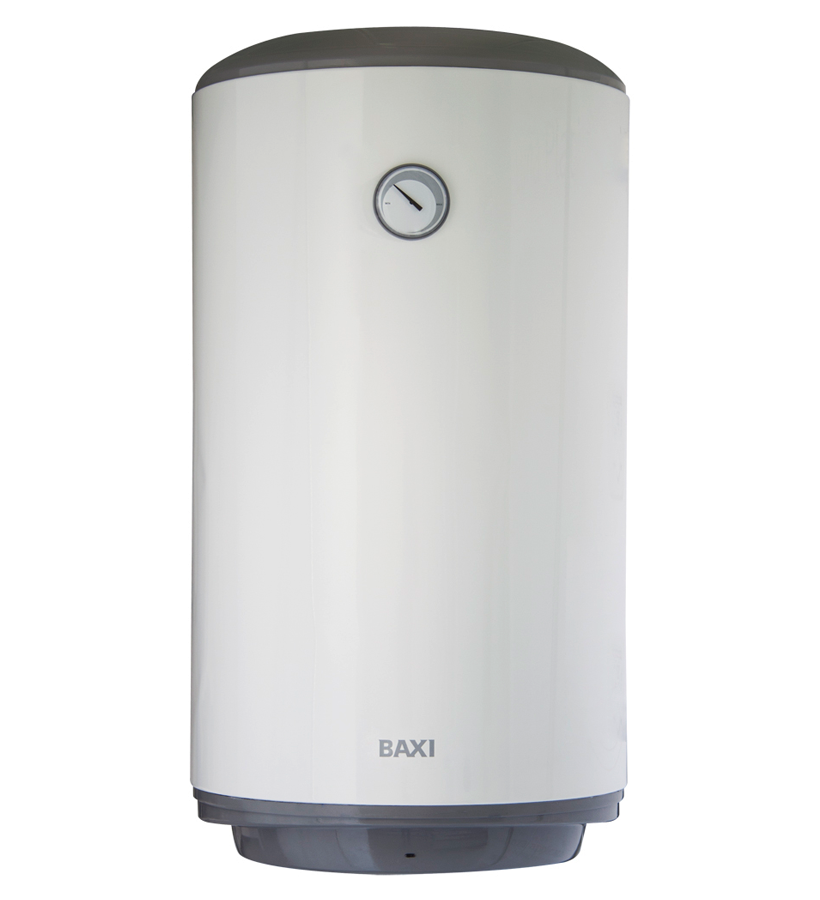Vital Actions Homeowners Should Follow When Managing Faulty Hot Water Systems
Vital Actions Homeowners Should Follow When Managing Faulty Hot Water Systems
Blog Article
Just how do you actually feel about How to Avoid a Broken Hot Water Heater?

Whether it lies in the cellar or a different area, damaged hot water heater can create tension. A conventional system holds 80 gallons, so an over night leak will bring about a flooding. This causes major residential property damages with drenched walls and floorings. Besides, having no warm water supply is additionally bothersome. If you are managing these concerns, remember of the following:
Shut Off Power Source
Before calling the plumber, shut off a gas water heating system by transforming the temperature dial. This will prevent electrocution, specifically if there is a leak as water is a conductor. Generally, the heating component shuts off when the water strikes a details temperature level.
Cut Off the Cold Water Supply
Cut off the storage tanks faucet water supply from the resource. This goes from your major water line into the tank. When your storage tank is in good condition, the cold water stops filling up when the storage tank is complete. Because it is dripping, the water will proceed to flow. Shut the valve located on top of the heating system. Revolve this clockwise to close it off. If you can not find it or reach it, you must switch off that major water system line outside your property.
Call the Plumber
After doing the first two security actions, you have to call your plumber to come right away to fix a fractured water heater. There are typically indicators that your aging water heating system has debris accumulation in the interior.
Instead, as soon as you spot these signs, have actually a professional come to examine your water heating system give thanks to. Usually, water heating units have a lifespan of regarding 8 to 12 years.
Tidy up Residential property
After calling the plumber, document damage by making note and also pictures so you can declare your homeowner's insurance policy. From there, begin the instant cleaning. Take out any type of vital belongings to prevent additional saturating. After that, eliminate any standing water to prevent mold and mold development. If you have a submersible water pump, make use of that to drain pipes the water. Otherwise, the traditional pail technique will certainly likewise function. Attempt to mop out whatever, including wall surfaces as well as walls. If you have an electric fan and dehumidifier, maintain them going to maintain air circulating. This will assist deter mold and mildew growth.
Bear in mind, if you observe any concerns with your water heater, call the pros right away. You can not take this issue lightly due to the fact that a defective thermostat can elevate water temp to a dangerously high degree, leading to unexpected burns.
Whether it is situated in the basement or a different space, busted water heating systems can cause stress and anxiety. Prior to calling the plumber, closed off a gas water heater by transforming the temperature level dial. After doing the very first two security actions, you need to call your plumber to come right away to take care of a fractured water heater. If you have a completely submersible water pump, use that to drain the water. Bear in mind, if you observe any problems with your water heating system, call the pros right away.
8 REASONS YOUR HOT WATER HEATER IS NOT WORKING & HOW TO FIX
Water Heater Problems & Solutions
Loose or Damaged In-Line Valve
Unlike a water leak near the bottom of your water tank, a water leak on top of your system can be easily fixed. A common cause of water tank leaks includes a loose in-line valve. This is a handle that is located at the top of the water tank that is engineered to activate or deactivate the flow of water. To fix this problem, you will need to secure the nut that holds the ball or in-line valve in its location. If the leak becomes more severe once it is tightened, you will be required to travel to your local hardware store to purchase a new in-line valve for your water heater.
Damaged Pressure Relief Valve
Most types of water heaters are equipped with a pressure relief valve that is engineered to discharge pressure from the water tank when it becomes too high. If this valve on top of your water heater begins to leak, we recommend purchasing a new one online or from your local store. The process of removing and replacing pressure relief valves is not complicated.
No Warm Water
If you have an electric water heater in your home, the most typical cause of a lack of warm water is a broken heating element. Your water heater is equipped with two heating elements that are tasked with heating incoming water in the water tank. Once a heating element begins to malfunction, you will have little to no hot water to use for showering, cleaning, and laundry.
Low Supply of Hot Water
Are you continuously running out of warm water? This issue may be a byproduct of a cracked dip tube. This tube is engineered to push cold water to the base of your water tank to be heated. Once a crack or hole begins to form in the dip tube, the incoming supply of cold water may be released near the top or middle of your tank. As a result, the cold water on top of the tank will be sent to the faucets and showers in your house. This hot water heater problem can only be fixed by replacing the dip tube on your system. Since the process of installing a new dip tube is complex, we recommend calling a certified technician for help.
A low supply of warm water may also be a signal of excess sediment buildup in your water tank. As your water heater reaches the middle of its life cycle, minerals in water including magnesium and calcium will begin to collect at the base of the water tank. As the minerals continue to grow, there will be less room in the water tank to store hot water. To resolve this problem, flush your water heater to remove the excess minerals.
Water is Too Warm or Cold
If the water in your shower feels uncomfortable hot or cold, you can adjust the temperature of your water by changing the settings on your thermostat. Setting the temperature to 120 degrees Fahrenheit may help you save money on your utility bills. This is an excellent temperature to use if you’re worried about scalding or skin irritation. Does this temperature feel too cold? You may also adjust the thermostat to 140 degrees Fahrenheit to make your showers more pleasant. If your hot water heater is not working when you change the temperature, this is an indicator of a broken thermostat. Immediately find a certified plumbing or heating contractor in your area to repair or replace your thermostat.
Low Water Pressure
Low water pressure is not always caused by a malfunctioning water heater. If you live in an older home with smaller water pipes, the flow of water will be restricted prior to reaching our kitchen or bathroom skins. The only way to eliminate this hot water heater problem is to connect new ¾-inch water lines to your system. Another type of problem that may negatively impact your water pressure includes calcium deposits in water pipes.
As magnesium and calcium begin to form in your pipes, the diameter of your water lines will become smaller. As a result, the warm water from your water heater will not be able to travel in an efficient manner to your sinks or appliances. Since the process of replacing water pipes includes removing drywall, an average homeowner that does not have a plumbing license will not be able to fix this hot water heater problem.
https://www.wmhendersoninc.com/blog/8-reasons-your-water-heater-is-not-working-how-to-fix/

Do you really like reading about How to Avoid a Broken Hot Water Heater? Make feedback below. We will be interested to know your views about this write-up. In hopes to see you back again in the near future. Sharing is nice. You just don't know, you could be doing someone a favor. Many thanks for taking the time to read it.
We're on standby! Report this page